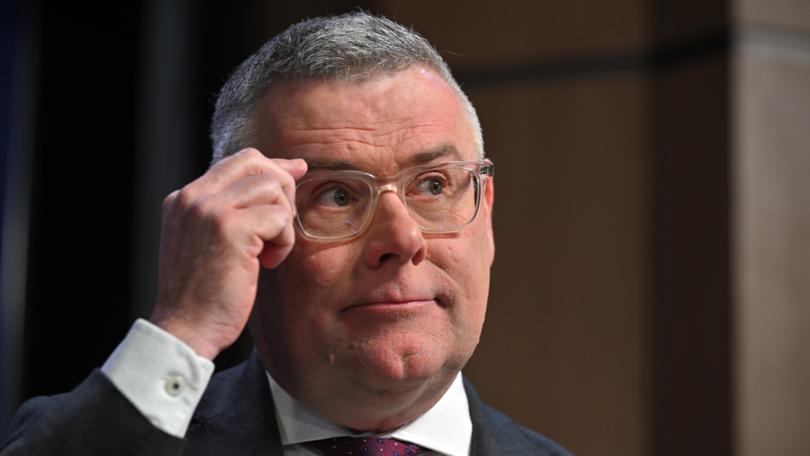Industrial Relations: Controversial ‘Secure Jobs, Better Pay’ laws to be put under microscope

An economics professor will head a crucial review into controversial Federal workplace laws that businesses fear could strangle the State’s engine room.
The Federal Government has tasked University of WA economics professor Alison Preston and workplace expert Mark Bray with examining the impact of its Secure Jobs, Better Pay laws, which passed in late 2022 as the first tranche of Labor’s sweeping IR overhaul.
While Labor won’t wind back the laws despite a barrage of criticism from big business, Workplace Relations Minister Murray Watt signalled he was open to some tweaks.
Sign up to The Nightly's newsletters.
Get the first look at the digital newspaper, curated daily stories and breaking headlines delivered to your inbox.
By continuing you agree to our Terms and Privacy Policy.The Secure Jobs, Better Pay laws included a contentious expansion of multi-employer bargaining, making it easier for workers with different employers to band together for a bigger pay rise.
While the changes — which Labor didn’t take to the 2022 election — were targeted at low-paid, feminised industries like childcare and aged care, miners are now being roped in.
In August, the Fair Work Commission compelled three NSW-based coal mining companies into multi-bargaining bargaining, setting a precedent that WA industry groups fear could bring industrial chaos to the Pilbara.
The construction industry watchdog – the Australian Building and Construction Commission (ABCC) – was also abolished under the laws.
The independent review was required within two years of the laws passing Federal Parliament.
A separate review will be conducted into the second tranche of laws, dubbed Closing Loopholes, which included the “Same Job, Same Pay” rules for labour-hire workers and “right to disconnect”.
Senator Watt last month confirmed the Federal Government wouldn’t wind back the changes as he mocked critics, such as WA Liberal senator Michaelia Cash, who claimed they would shut down the economy.
But he has left the door ajar to some tweaks based on feedback to the review.
In a statement announcing the review, Senator Watt said the laws were delivering “pleasing results”.
“Our emphasis on cooperation rather than conflict is delivering very pleasing results, with wages rising, the gender pay gap at its lowest level ever and the highest number of employees covered by newly approved enterprise agreements in over a decade,” he said.
“I encourage interested parties to share their feedback and engage with the reviewers to provide their perspective on the impact of these significant reforms.”

Based at UWA since 2013, Professor Preston has a PhD in labour economics and industrial relations, with her research focussing on wage determinations, the gendered aspects of labour markets, employment, and economic security.
She has held leadership roles at UWA and Curtin University, sat on advisory committees and consulted for the Fair Work Commission and Minerals Council of Australia.
The review’s findings are set to be delivered in January.
